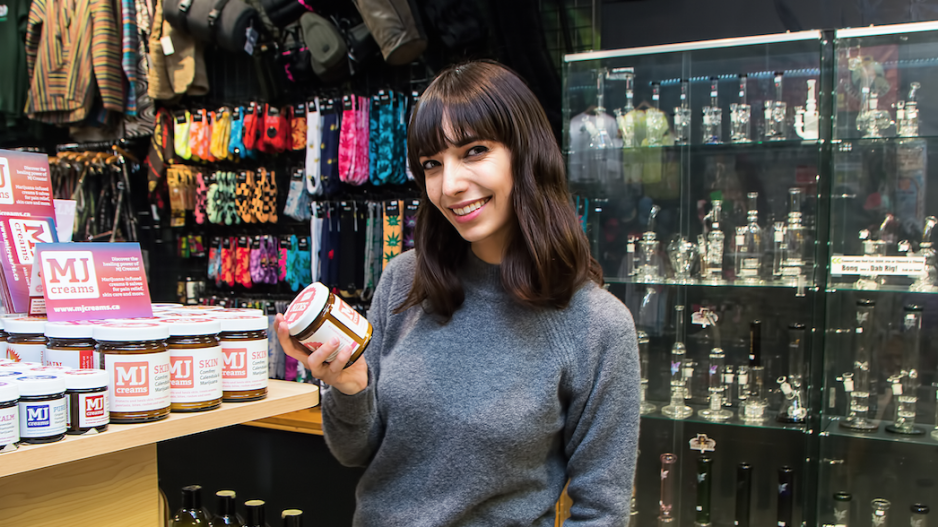The B.C. government’s plan to launch a chain of publicly owned cannabis stores and to license entrepreneurs to run cannabis dispensaries has unleashed a mix of excitement and frustration among business owners already in the cannabis sector.
BC Liberal Leader Andrew Wilkinson echoed many in the sector when, after winning his party’s leadership on February 3, he said government should not be in the business of selling cannabis.
Controversial moves by the BC NDP government include requiring that all legal cannabis sold in B.C. be purchased from the British Columbia Liquor Distribution Branch (BCLDB), and allowing entrepreneurs who have operated outside the law to be treated the same as those who have played by government rules.
The BCLDB intends to set up a separate warehouse for cannabis wholesale distribution, B.C.’s Ministry of the Attorney General said in a statement to Business in Vancouver.
The ministry would not estimate how many new government employees it will hire to work in the government-run cannabis distribution and retail systems, and said “it’s still too early” to say if those workers would be unionized.
Tantalus Labs founder and managing director Dan Sutton, whose company is licensed to produce medical marijuana and has long-term plans to open retail outlets, said the new branch of the BCLDB is unnecessary bureaucracy. Worse, he said, its costs will be factored into government retail prices and could push them high enough that the black market will continue to thrive.
As part of its monopoly, the BCLDB will prohibit privately licensed cannabis retailers from selling via e-commerce and from delivering orders.
Existing cannabis dispensary owners, such as Cannabis Culture principals Jodie and Marc Emery, say they are pleased that they will potentially have an opportunity to continue selling cannabis.
The Emerys pleaded guilty to trafficking-related offences in December and were sentenced to two years’ probation and fined $150,000. Marc Emery has been jailed several times, including a five-year sentence in the U.S. for selling cannabis seeds by mail.
Still, they will be allowed to apply for a government licence to operate cannabis stores in the province – something that has aspiring dispensary owners who have obeyed laws crying foul.
“I don’t think it’s the goal of the policy-maker to give an advantage to the existing dispensary market,” Sutton said. “If that’s the goal, then it’s obviously a ridiculous policy.”
All streetfront retail dispensaries in Canada are operating illegally because federal law does not sanction their existence. The City of Vancouver has started charging fees to license dispensaries and ticketing those that fail to get licensed, but legalization of the existing dispensaries falls under federal, not municipal, jurisdiction.
Sutton’s concern is that B.C. Solicitor General Mike Farnworth’s willingness to provide licences to entrepreneurs who have flouted laws hurts aspiring legal operators.
“All the best locations are taken,” Sutton said of the cannabis retail sector in Vancouver.
The City of Vancouver prohibits dispensaries from operating within 300 metres of a school, community centre or each other. That has left open enough room, Sutton said, to virtually blanket the city with dispensaries and saturate the market.
Jodie Emery told BIV that she is encouraged by regulations that Farnworth revealed February 5 although she is concerned that the licensing process will examine her criminal record and evaluate its significance.
“Hopefully they will allow someone like myself, who has a large trafficking record, to still be allowed to participate,” she said. “We’re eager to find ways to get licensed and be legal. That’s been our goal all along.”
She said Cannabis Culture would follow all rules if it were granted licenses to operate and that this would include ridding the stores of THC-laced edibles, which are not expected to be legal until sometime in 2019.
Cannabis Culture operates two corporately owned dispensaries in Vancouver and has franchise agreements with two others.
Emery said her company’s dispensaries are in the process of getting City of Vancouver licences.



